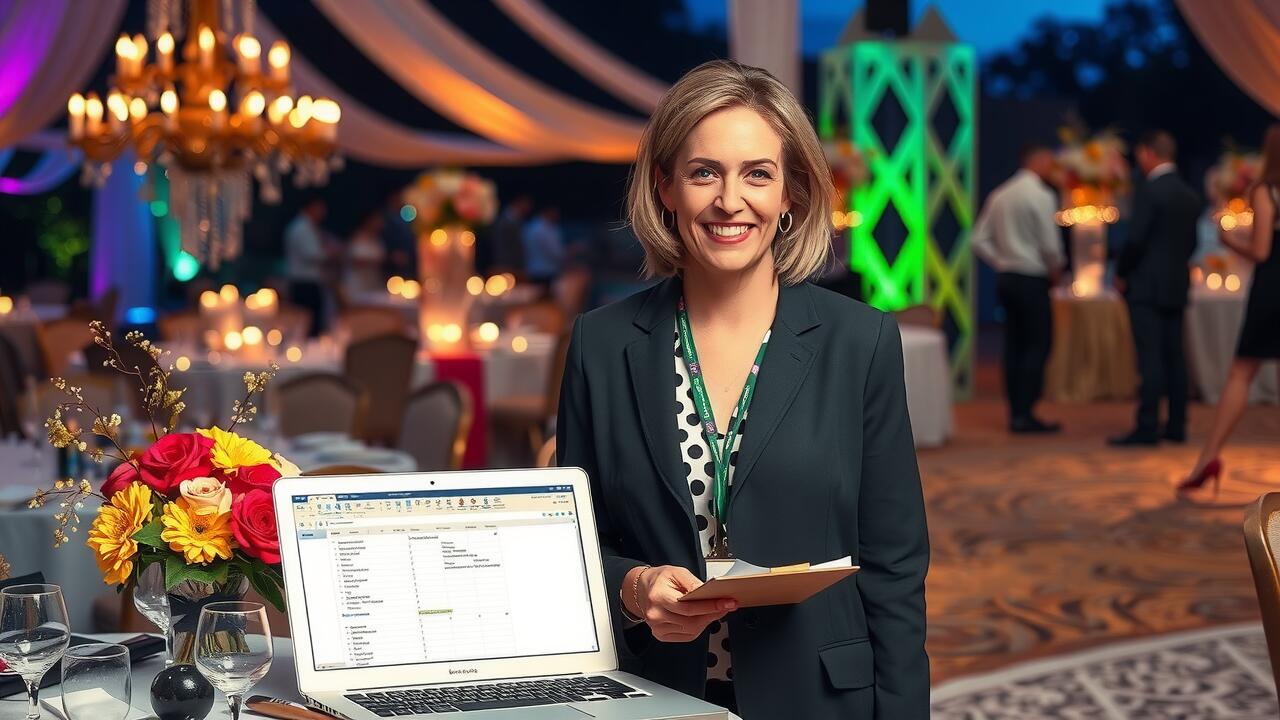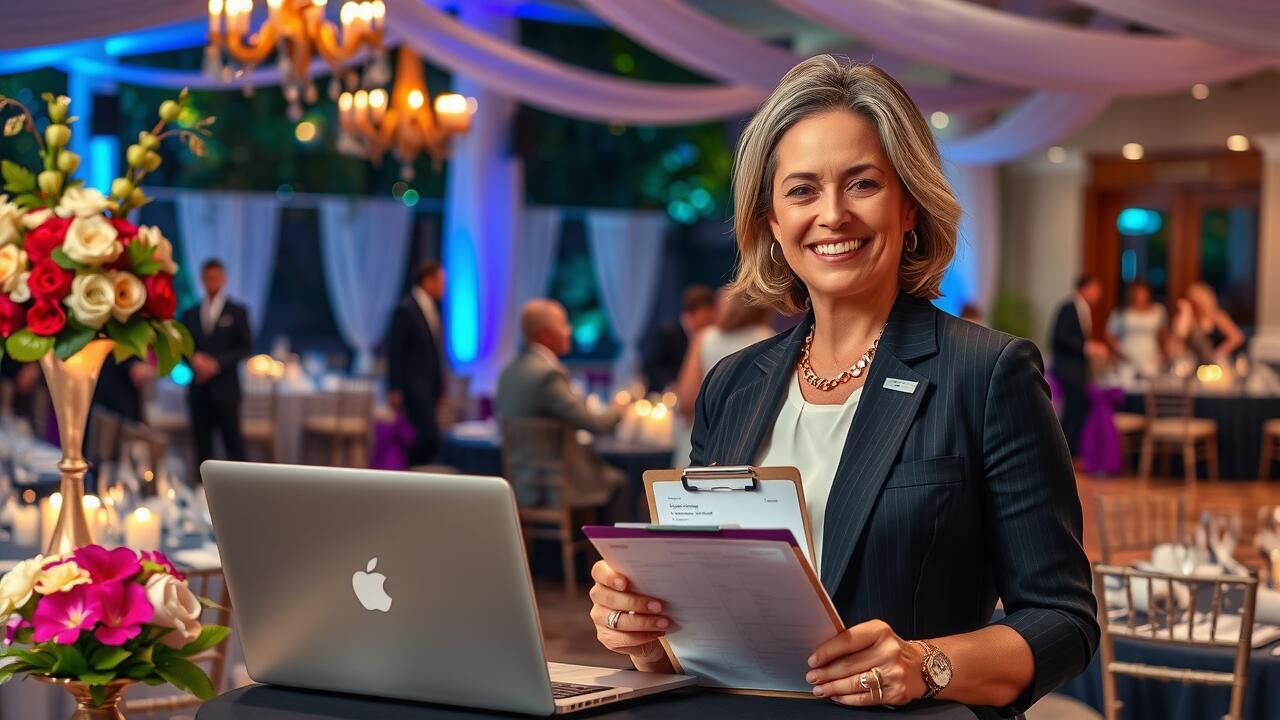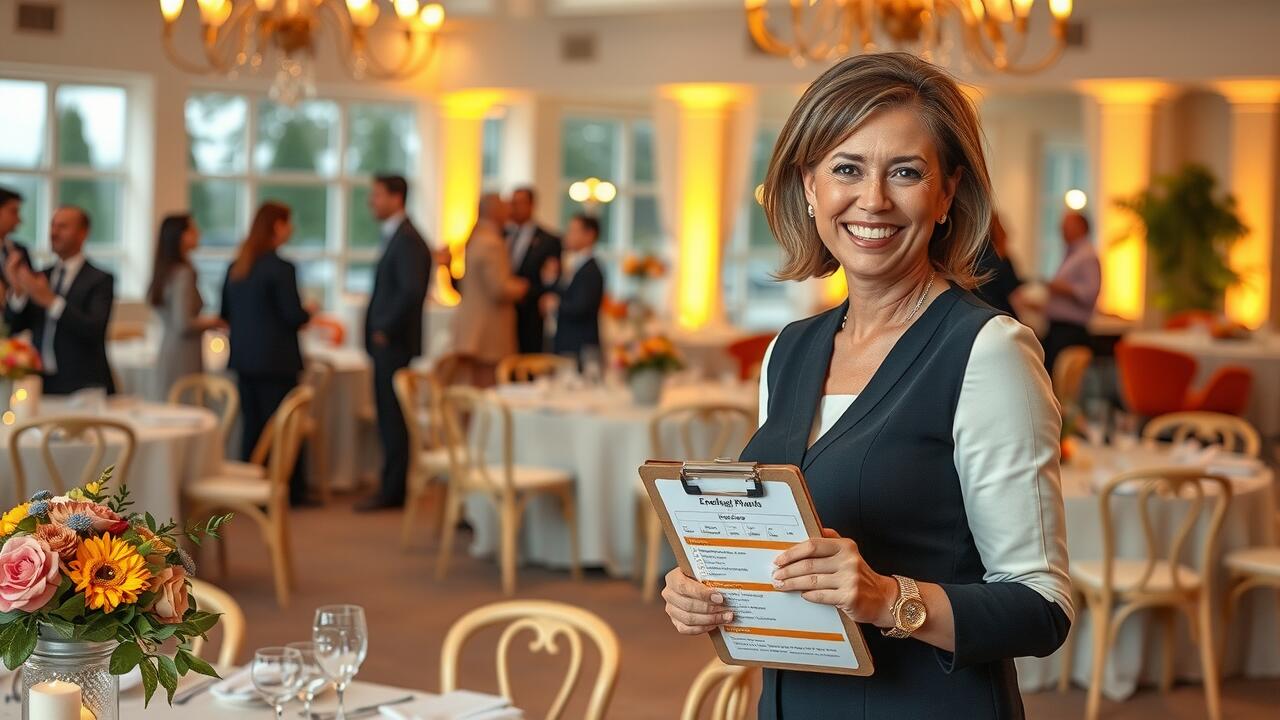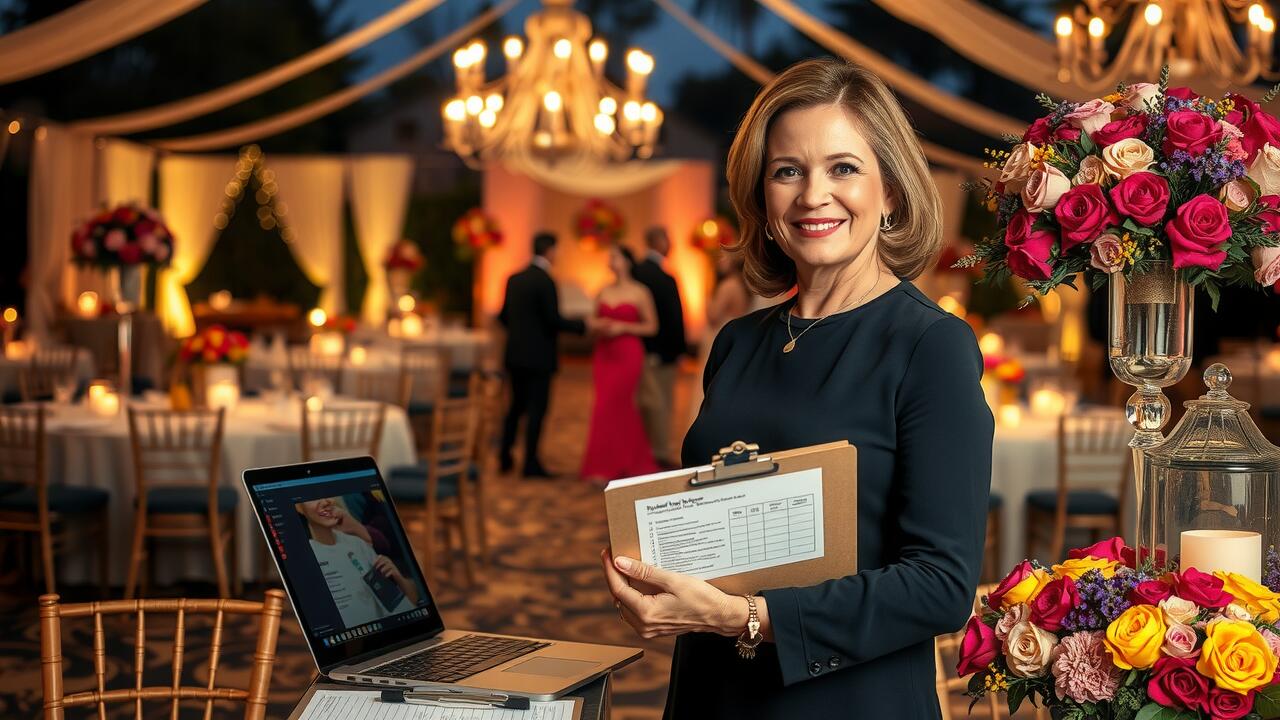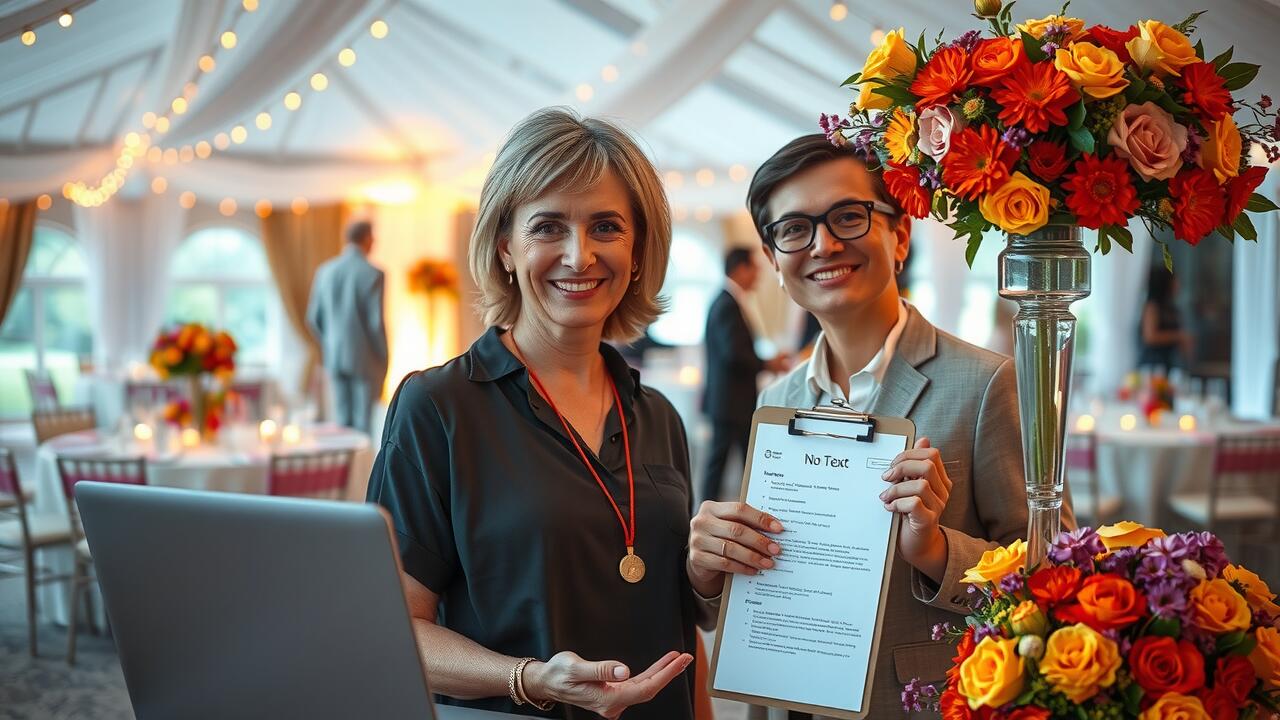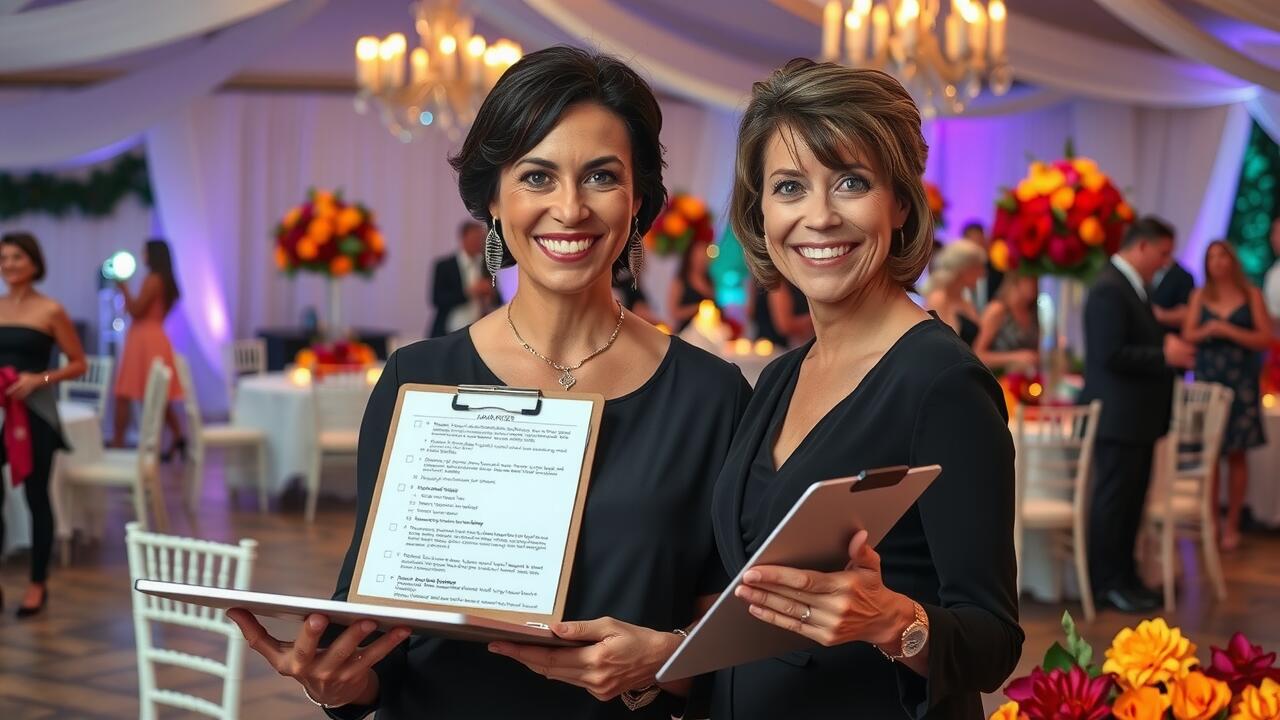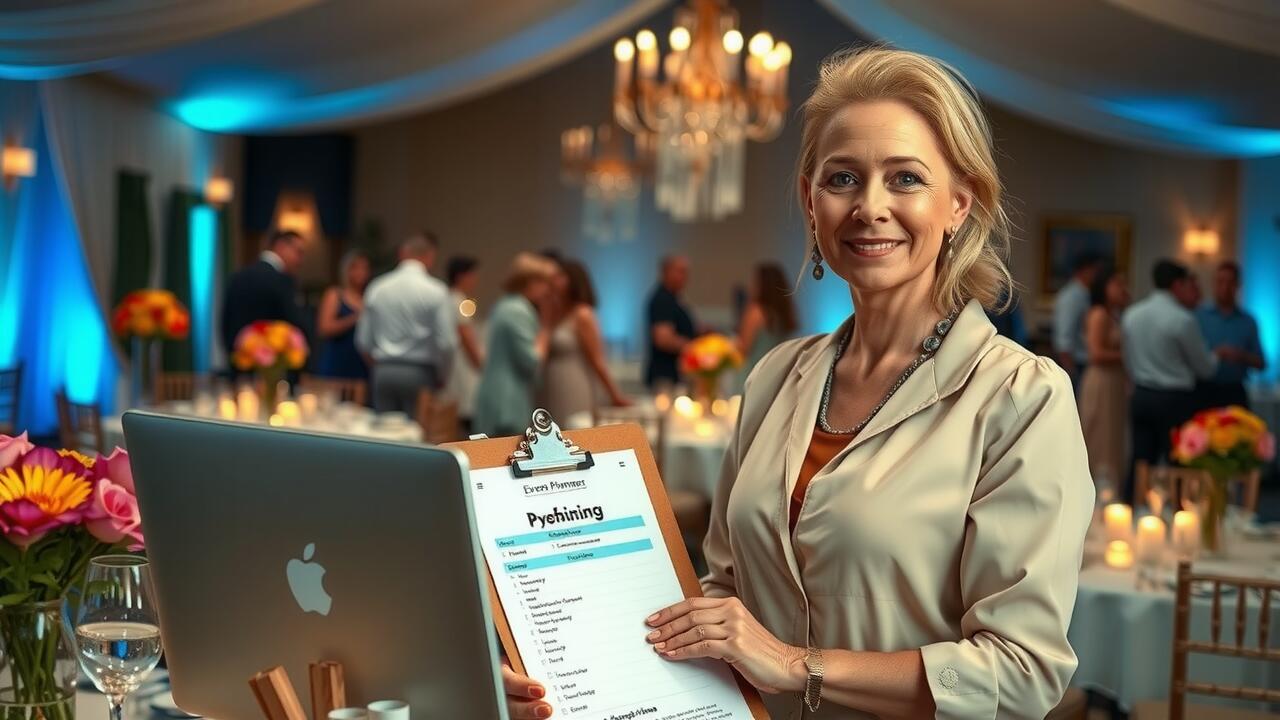
Promoting the Event
Promoting an event effectively is crucial for attracting the right audience and ensuring successful attendance. Utilising various marketing channels can significantly enhance visibility. Social media platforms, email newsletters, and community boards serve as excellent tools for reaching potential attendees. Crafting engaging content that resonates with your target demographic will also help to capture their interest. Including visual elements like graphics and videos can further enhance the appeal of promotional materials.
To maximise outreach, consider leveraging local resources. Partnering with local businesses or organisations can provide additional exposure while reinforcing community ties. Utilising search terms such as "Event Planning near me" can aid in targeting individuals searching for nearby events, thus expanding your reach further. Engaging with local influencers or community leaders to promote the event can also create a sense of trust and encourage participation.
Effective Marketing Strategies to Attract Attendees
Utilising social media platforms effectively can significantly enhance event visibility. Creating engaging posts that highlight key aspects of the event, such as guest speakers or unique activities, can attract potential attendees. Hashtags and geotags can help reach a broader audience, especially when combined with visually appealing graphics and videos. Encouraging past attendees to share their experiences can further amplify interest, fostering a sense of community and excitement.
Collaborating with local businesses or influencers can provide additional avenues to reach potential guests. Sponsored posts or partnerships may introduce the event to audiences that may not otherwise engage. Incorporating targeted ads can also help, particularly those that focus on phrases like "Event Planning near me," ensuring that the event is promoted to the right demographic. Creating a strong promotional campaign not only drives ticket sales but also builds anticipation within the community.
Coordinating Logistics
Coordinating logistics is a crucial aspect of event planning. It involves meticulous attention to detail and careful consideration of various components. These include venue selection, transportation arrangements, catering services, and equipment rentals. It is essential to create a detailed checklist to ensure that every logistical element is addressed. For those seeking assistance, searching for "Event Planning near me" can connect you with local professionals who can provide valuable insights and recommendations.
Effective communication among all parties involved is vital in this stage. Regular updates with team members, vendors, and venue staff help to maintain clarity and address any emerging issues promptly. Establishing a clear timeline for each task ensures that everyone stays on track. By prioritising these logistical components, planners can create a seamless experience for attendees, enhancing the overall success of the event.
Detailed Breakdown of Necessary Arrangements
When coordinating logistics for an event, a comprehensive breakdown of necessary arrangements is essential. This includes understanding the venue layout, catering needs, audio-visual requirements, and seating arrangements. Each aspect contributes significantly to the overall experience of attendees. For those seeking professional assistance, searching for "Event Planning near me" can yield local experts who can help ensure that every detail is meticulously planned.
Additionally, it is crucial to establish a timeline for all logistics-related tasks. This timeline should outline deadlines for securing contracts, confirming vendors, and completing set-up plans. Effective communication with all stakeholders is necessary to keep everyone informed and aligned. By paying close attention to these details, event planners can create a seamless experience that meets the expectations of both the hosts and the attendees.
On-the-Day Management
On the day of the event, effective management is crucial for ensuring everything runs according to plan. A dedicated team should be assigned specific roles to oversee different aspects of the event, such as registration, guest assistance, and technical support. Communication is key; utilising walkie-talkies or mobile messaging can help facilitate quick responses to any unforeseen issues that may arise during the event. All staff members must be well briefed about their responsibilities, creating a seamless experience for attendees.
Additionally, monitoring the schedule will help maintain the flow of activities throughout the day. It is advisable to have a checklist ready to ensure that all aspects, from seating arrangements to catering, are in order. If you’re exploring options for assistance, searching for "Event Planning near me" can connect you with local professionals who can provide valuable expertise for on-the-day management. Flexibility is essential; being ready to adapt to changes will reflect positively on the overall event experience.
Ensuring Smooth Operations During the Event
On the day of the event, attention to detail becomes paramount. Ensuring that all logistical elements are in place can significantly impact the guest experience. Staffing is one of the critical components; having a well-briefed team can help manage everything from registration to attendee inquiries. Clear communication among staff members is essential for addressing any issues that might arise promptly. A designated area for event coordinators can facilitate quick decisions and enable efficient problem-solving.
Monitoring the schedule remains vital to keep the event flowing smoothly. Adhering to the planned timeline helps maintain audience engagement and ensures speakers or performers are prepared for their slots. Engaging with attendees can also enhance their experience, so staff should be readily available to provide assistance and information. For those considering organising similar events, searching for "Event Planning near me" can yield local professionals who can provide valuable insights and support.
FAQS
What are the five stages of the event planning process?
The five stages of the event planning process typically include: 1) Conceptualisation, 2) Planning, 3) Promotion, 4) Coordination, and 5) Execution.
How important is promoting the event?
Promoting the event is crucial as it helps to attract attendees, create buzz, and ensure that your target audience is aware of the event details and its significance.
What are some effective marketing strategies for event promotion?
Effective marketing strategies for event promotion may include social media campaigns, email marketing, partnerships with influencers, early bird ticket offers, and engaging content such as videos or blog posts.
What should be considered when coordinating logistics for an event?
When coordinating logistics, it's important to consider venue selection, catering, audio-visual equipment, transportation, accommodation for guests, and compliance with health and safety regulations.
How can I ensure smooth operations on the day of the event?
To ensure smooth operations on the day of the event, create a detailed schedule, assign roles and responsibilities to your team, conduct a final run-through, and maintain clear communication throughout the event.
